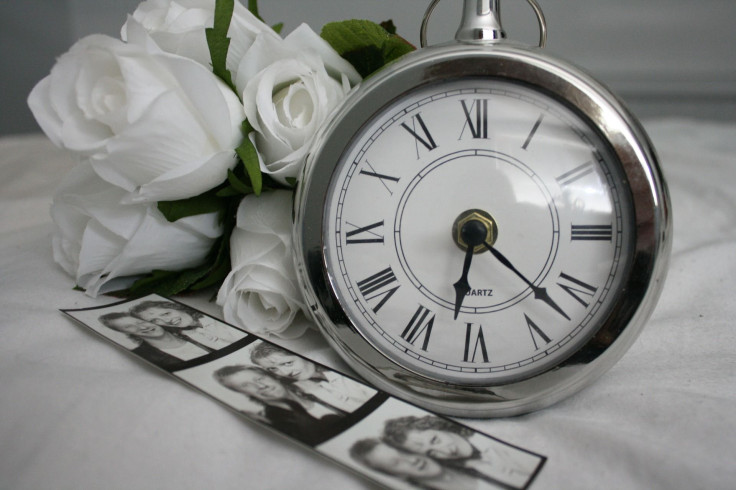How To Improve Memory: Practice In The Short Term Creates Durable Memories

Yet another study has suggested that the simple act of rehearsing information in the brain may be all you need to make it a permanent, consolidated memory. Published in the Journal of Neuroscience, a University of Sussex study looked at the link between rehearsal and retention of memories, along with the brain structures associated with the results.
The study involved showing participants short video clips from YouTube with a narrative element, about 40 seconds in length. For 20 of the videos, the study subjects were given 40 seconds after each clip to recite, either verbally or mentally, what had happened. For the last 6 videos, the recall period was not given.
Up to two weeks later, participants were able to recall many points and details from the videos they had been allowed to rehearse. The non-rehearsed videos, however, were mostly forgotten. This information is critical for the accurate recollection of an event, particularly something like an accident or crime.
The participants also underwent MRI scans, which revealed that the posterior cingulate was most associated with both watching and rehearsing the videos, and trying to recall them weeks later. This is the part of the brain whose damage is often seen in Alzheimer’s patients.
“We know that recent memories are susceptible to being lost until a period of consolidation has elapsed,” said lead researcher Dr. Chris Bird, in a press release. “In this study we have shown that a brief period of rehersal has a huge effect on our ability to remember the complex, lifelike events over periods of 1-2 weeks. We have also linked this rehearsal effects to processing in a particular part of the brain.”
Bird said the findings suggest memory for an event will be significantly improved if a person rehearses details of the event as soon as possible afterward.
The research team is working on new research to investigate how these processes and the posterior cingulate relate to memory loss caused by Alzheimer’s disease.
Source: Bird C, Keidel J, Ing L, Horner A, Burgess N. Consolidation of Complex Events via Reinstatement in Posterior Cingulate Cortex. Journal of Neuroscience. 2015.



























